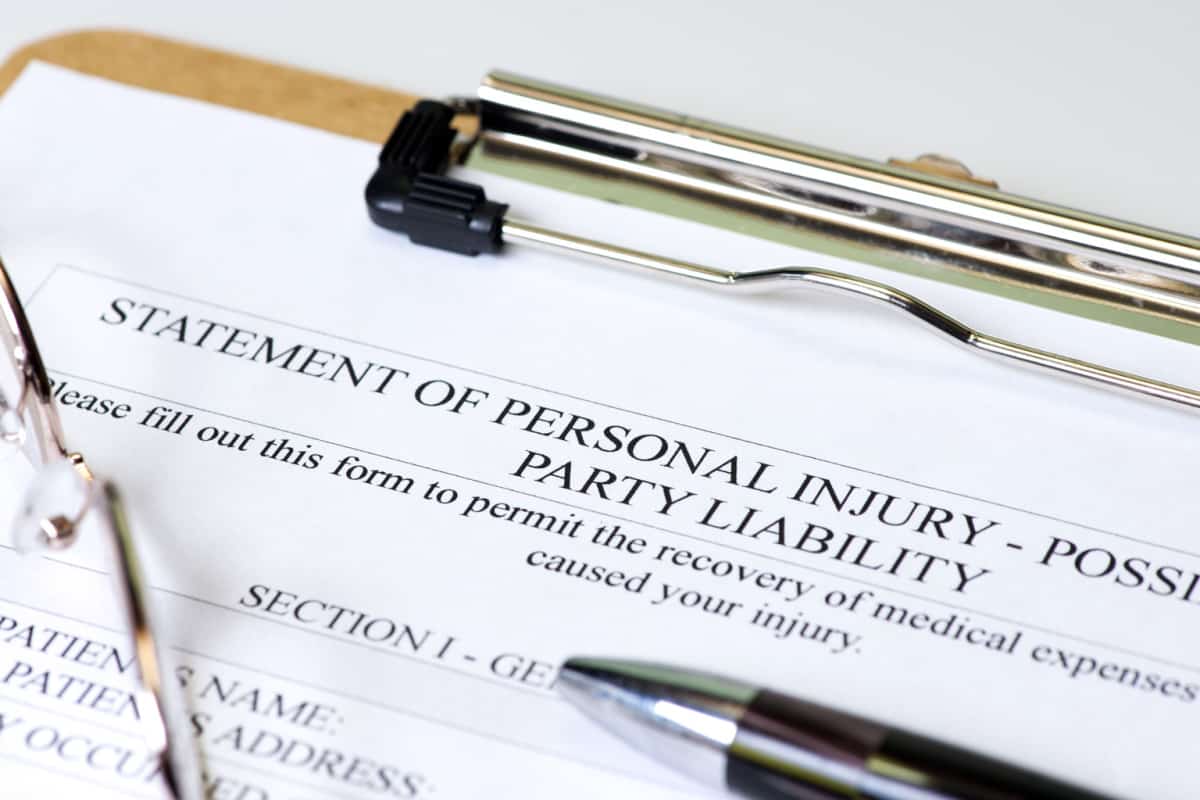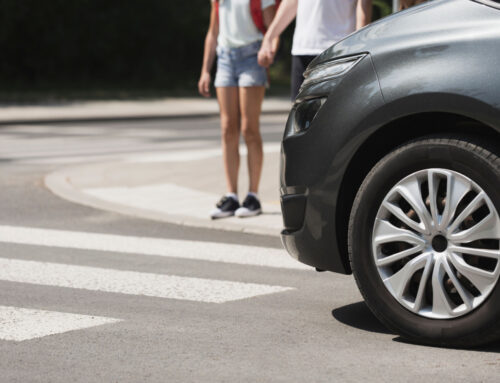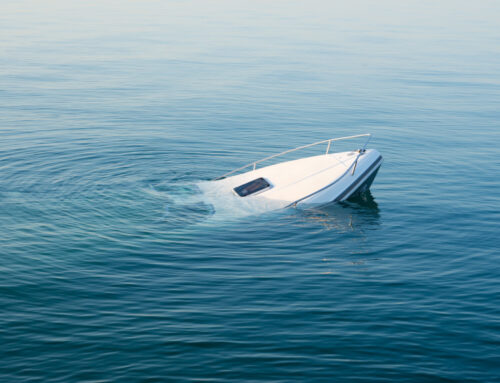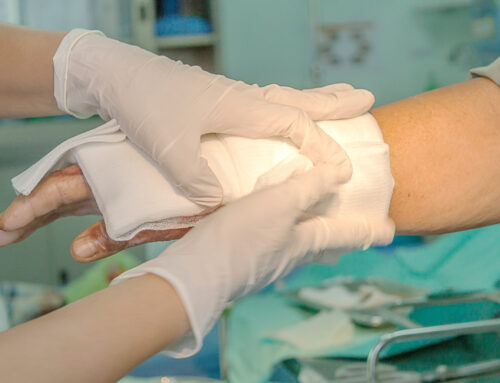Imagine attending the wedding of a family friend at a beautiful historical venue in New Orleans. After choosing the perfect outfit, selecting a gift from the registry, choosing chicken or fish and hiring a babysitter, what should be a carefree and enjoyable day celebrating the happy couple can be ruined by an injury. Whether due to a spill on a wooden floor in the ballroom, a faulty staircase on the way to the restrooms or an unmarked hole in the ground in the gardens, getting injured on private property can lead to extensive medical bills.
Louisiana premises liability refers to the responsibility of property owners to ensure safe conditions for visitors. The law expects that property owners will maintain their premises, removing any hazards that could lead to injuries. However, the application of these laws isn’t always straightforward. It’s affected by factors such as the reason for the visit, the type of danger present, and whether the owner was aware of the danger. Recognizing individual rights under premises liability can help make informed decisions about next steps after an injury.
The Role of Negligence: When is the Property Owner Liable for Your Injury?
Negligence plays a significant role in determining whether the property owner is liable for any injuries on their premises. In Louisiana, property owners should keep their spaces safe from dangers, but they aren’t necessarily responsible for every accident that happens. For the owner to be held liable, they must have known about the hazard that led to the injury and failed to take proper action to correct it. This aspect is known as “negligence.” If a hazardous condition existed and the owner did not address it in a reasonable time, they could be deemed negligent.
Common Injuries in Premises Liability Lawsuits
- Slip and Fall Injuries. These are among the most frequent, often resulting in broken bones, sprains, cuts, bruises, and sometimes more serious injuries like traumatic brain injuries or spinal cord injuries.
- Dog Bites or Animal Attacks. If a property owner’s pet or animal attacks a visitor, the owner may be liable for the injuries caused.
- Swimming Pool Accidents. These can lead to a variety of injuries, including broken bones, head injuries, and even drowning.
- Burns or Electrocution. These can occur due to faulty wiring or unsafe conditions in a building or on a property.
- Exposure to Hazardous Materials. This can lead to a variety of health issues, including respiratory problems, skin conditions, or poisoning.
- Inadequate Security Injuries. If a property owner fails to provide sufficient security measures and a visitor is assaulted or otherwise harmed by a third party, they may be held responsible.
Document Everything: The Importance of Gathering and Keeping Evidence
When dealing with an injury on another person’s property, keeping thorough documentation can greatly assist in clarifying the events that transpired. It’s suggested to use a camera or smartphone to photograph the exact location of the incident, the conditions that contributed to the accident, and any physical injuries sustained. Write down a detailed account of the incident while it’s fresh in your memory. Any communication with the property owner about the accident should also be kept. If there were witnesses, collect their information and written statements, if possible. By maintaining comprehensive documentation, it becomes easier to represent the details of the incident accurately in any subsequent proceedings.
Witness statements can provide valuable insights into the incident that led to an injury. When an accident occurs, it’s advised to ask any present bystanders for their recollection of events. If they agree, request a written account from them. It’s important to capture these accounts as soon as possible when memories are fresh. Make sure to also gather their contact details for potential future conversations.
Reporting to the Authorities: When and How to Make an Official Report
Reporting an injury incident to the relevant authorities is a significant step. This report becomes a formal record of the event and provides an independent evaluation of the scene. If the injury is severe or results from a serious hazard, it might be necessary to report it to local law enforcement. They can document the incident, interview witnesses, and record their observations. For less serious incidents, at a minimum, report to the property owner or manager, making sure to get a written acknowledgment.
Seeking Medical Attention: Ensuring Health and Strengthening Your Case
After an accident on someone else’s property, getting medical attention should be a priority, even if injuries seem minor. Some injuries may not show immediate symptoms, and delaying medical care might lead to complications later. By seeking immediate medical help, the injured party not only ensures their health but also documents the severity and nature of injuries. Healthcare providers’ records and reports play an important part in demonstrating the extent of injuries. These documents can provide a clear link between the incident and any subsequent medical issues. Ensuring good health while building a solid foundation for your injury claim is the dual role of seeking prompt medical attention.
Understanding Compensation: What Damages Can You Claim?
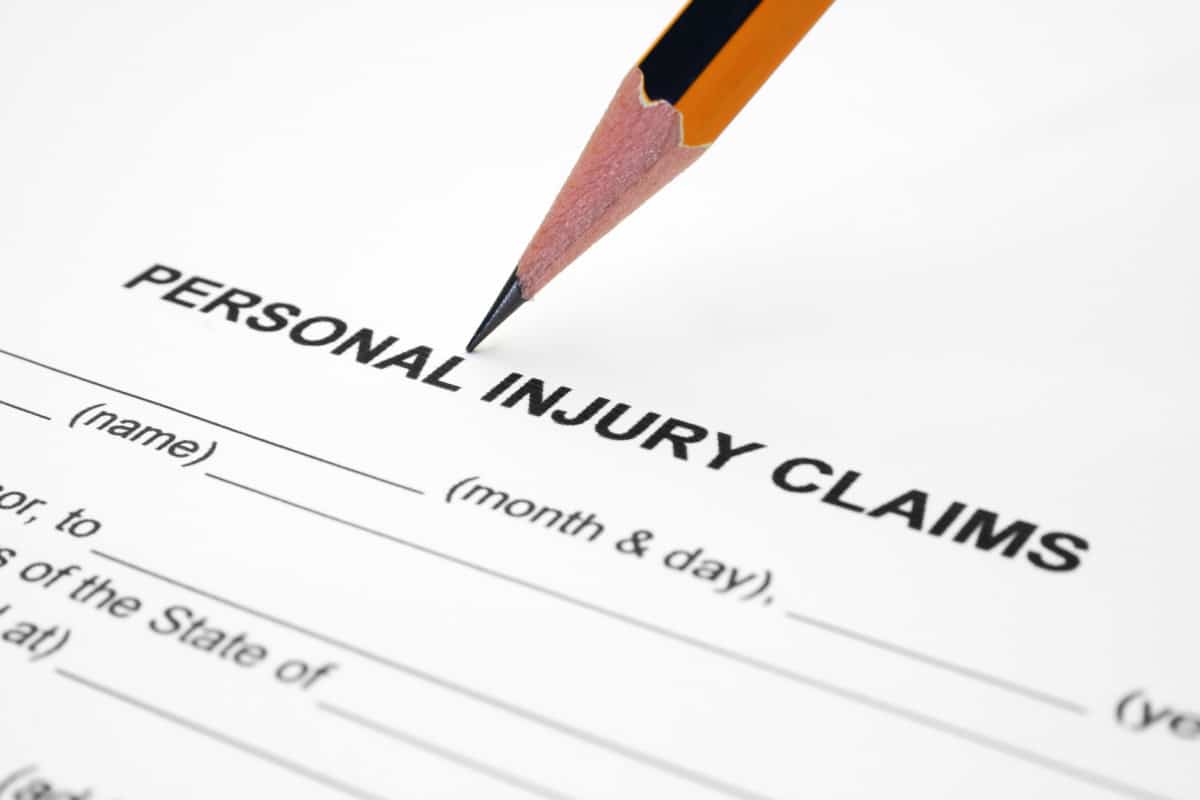
When injured on someone else’s property due to their negligence, the injured party may be entitled to compensation. In Louisiana, damages typically fall into two categories: economic and non-economic. Economic damages cover quantifiable losses like medical expenses, lost wages, and any future income losses due to the injury. Non-economic damages refer to non-tangible losses, including pain and suffering, emotional distress, and loss of enjoyment of life.
Starting a personal injury claim in Louisiana begins with filing a lawsuit against the negligent party. The first stage typically involves gathering evidence, which includes everything from medical reports to witness statements. After the case is filed, there’s a period known as “discovery,” where both sides share information about the incident. This phase allows each party to examine the evidence, prepare for trial, and explore the possibility of a settlement. If a settlement can’t be reached, the case will proceed to trial, where a judge or jury will decide the outcome. Understanding the basic steps of the lawsuit process can help prepare for the road ahead in seeking compensation.
Don’t hesitate to reach out for a free consultation or call the firm today at 504-526-2222 and get the help you need.



